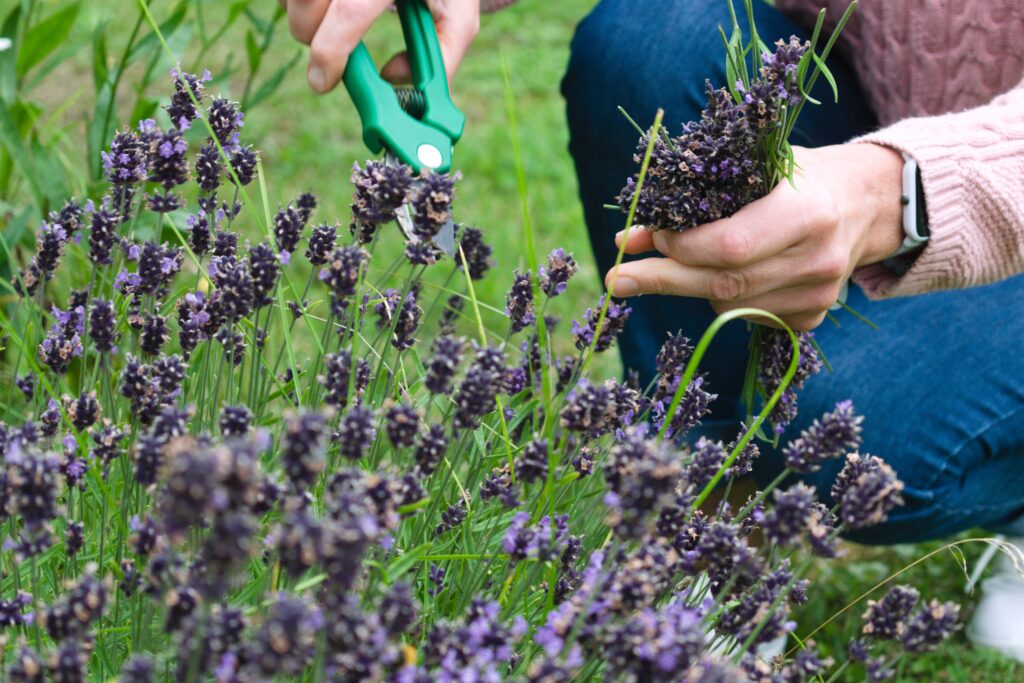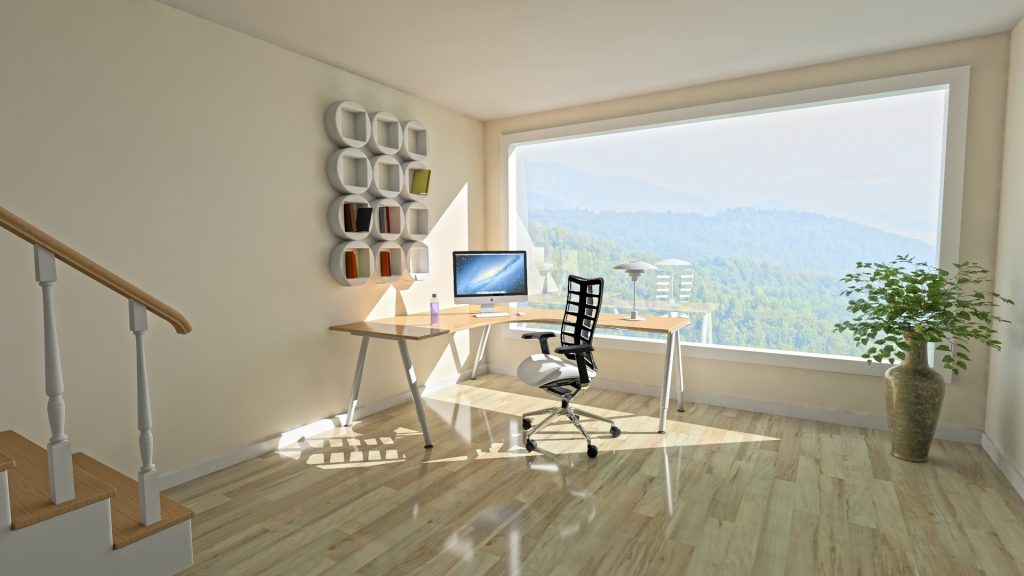Mindful Minimalism: Declutter Your Home for Mental Health
Mindful Minimalism is a lifestyle approach that emphasizes intentional simplicity, reducing excess material and mental baggage. It is a fashionable, low-consumption lifestyle where individuals lead simpler lives with fewer belongings (1). Physical clutter can exacerbate tension, anxiety, impaired concentration, and productivity (2,3). People may cultivate a peaceful and attentive living environment by putting quality over quantity in their homes. Mindful Minimalism promotes better mental health by simplifying the mind and the environment. People can improve their ability to concentrate, be more productive, and feel better mentally by simplifying their environment. Mindful Minimalism is a light of peace and mental clarity in today’s hectic society.
Understanding Mindful Minimalism
Mindful minimalism is a lifestyle philosophy that combines mindfulness with minimalism to encourage deliberate living and simplicity. It encourages people to simplify their physical and mental areas to live a more fulfilling existence. Mindful minimalism begins with little life changes, such as decluttering a single drawer or apartment. It goes beyond a clean home and emphasizes a comprehensive way of life. Mindfulness principles are combined, encouraging the present moment and awareness of one’s environment and things. Reducing distractions provides clarity, inner serenity, and meaningful connections and benefits all. The practical approach is balanced, encouraging cautious shopping habits and a minimalist lifestyle without relying on extreme measures. Understanding mindful minimalism is adopting deliberate simplicity, incorporating mindfulness into daily life, and recognizing the transforming impact of living with less.
You may also like – How Your Environment Affects Your Health
Mental Health Impact of Clutter
In a world filled with constant stimuli and distractions, the state of our environment can significantly influence our mental well-being. Let’s see how what negative impact clutter has on our mental health:
- Psychological Effects of Living in a Cluttered Environment
Cluttering can lead to mental distress, overwhelm, and unease, reminding us of unfinished tasks and triggering negative emotions like guilt, shame, stress, binge eating, and frustration, which dramatically impacts a personas psychological well-being (4,5). In addition, previous research has demonstrated that clutter disturbs decision-making, life satisfaction, and overall well-being, resulting in more indecision, lower contentment, and poorer overall well-being (3).
- Stress and Anxiety Caused by Clutter
Clutter in homes triggers chronic stress due to the brain’s perception of disorderly surroundings, heightened cortisol levels, and visual overload. This hinders the brain’s ability to process unnecessary information, increasing alertness and tension (6).
- Impacts on Focus, Productivity, and Overall Well-being
Clutter negatively impacts our well-being, hinders clear thinking, and wastes time. A clutter-free space promotes peace, tranquility, and mental health. Addressing these psychological impacts can help create a supportive atmosphere for well-being (7).
Benefits of Decluttering for Mental Health
Mindful Minimalism, including decluttering, can significantly improve mental health by reducing stress and anxiety, enhancing focus, relaxation, and mindfulness; here is how,
- Reduced Stress and Anxiety
Clutter affects our physical health and minds, causing stress and anxiety. Decluttering our homes creates a calm space, reducing visual chaos and promoting relaxation and calmness.
- Improved Mood and Mental Clarity
Decluttering clears mental space, improves well-being, and boosts spirit and happiness by reducing distractions and allowing for clearer thinking and decision-making.
- Enhanced Ability to Focus and Concentrate
Clutter can hinder focus and productivity, but a clean and organized workspace enhances focus, reduces distractions, and boosts efficiency and productivity.
- Promotion of Relaxation and Mindfulness
Decluttering enhances mental well-being by promoting relaxation and mindfulness. Mindful Minimalism increases self-awareness, while clutter-free homes provide a sanctuary for restoring bodies, minds, and spirits.
You may also like – How Mindfulness Impacts Our Health
Incorporating Mindfulness into the Decluttering Process
Mindful decluttering enhances living space and well-being by investing in storage, organizing, and adopting a minimalist lifestyle. Regular cleaning habits and mindfulness cultivate a calm, serene environment. The process of mindfulness includes:
- Being Present: Decluttering should be approached with a mindful mindset, focusing on the present rather than dwelling on the past or worrying about the future.
- Practicing Non-Attachment: Recognizing that possessions are temporary and releasing attachments to material objects.
- Mindful Decision-Making: You should consider your mental and emotional health when decluttering.
- Gratitude and Appreciation: Express gratitude for the items you choose to keep, acknowledging their value and the joy they bring into your life.
- Embracing Imperfection: Remember to be kind to yourself while you work through the decluttering process because things might not go perfectly.
Practical Steps for Decluttering Mindfully
Decluttering is a transformative process that can significantly improve mental health and well-being. Some of the practical steps for mindful Minimalism include:
- Setting Intentions and Goals—To declutter efficiently, set definite intents and goals when concentrating on particular rooms of your house. Making a vision board or keeping a diary will help you stay inspired and focused as you work toward your goal.
- Assessing Belongings with Mindfulness – To declutter, each thing must be carefully evaluated for its worth, happiness, and compatibility with one’s ideals. Take note of your feelings, ideas, and bodily experiences. It would be best if you also investigated any attachments or resistance. To have a clutter-free house that reflects your true self, decluttering is about making room for what is essential and trusting your gut.
- Letting Go of Attachments and Guilt – Guilt and attachments make decluttering difficult. Still, self-compassion exercises and emphasizing mental wellness advantages can be beneficial. Reusing objects that are in good condition can also be helpful. Clear your life of clutter and attract greater abundance and fulfillment by letting go with kindness and gratitude.
- Organizing and Creating Functional Spaces – Mindful decluttering enhances living space and well-being by investing in storage, organizing, and a minimalist lifestyle. Regular cleaning habits and mindfulness cultivate a calm, serene environment.
Mindful Living Beyond Decluttering
Mindfulness is a crucial aspect of mindful Minimalism, which goes beyond just decluttering. It involves reducing tension and improving attention while staying conscious and in the moment. Daily activities like attentive eating, walking, and breathing exercises may incorporate mindfulness.
Mindful Minimalism promotes sustainable purchasing practices and thoughtful selection of our belongings in a consumer-driven world. His includes choosing ethically sourced, eco-friendly, and sustainable options and prioritizing quality over quantity.
Additionally, mindfulness exercises support maintaining a clutter-free environment. Regularly assessing belongings, practicing gratitude, and promptly addressing clutter is essential. Through mindful minimalism, we may develop a more profound feeling of fulfillment, purpose, and harmony. By introducing mindfulness into our daily lives, we can support a more thoughtful and sustainable way of life.
Conclusion
In conclusion, in our fast-paced world, mindful Minimalism is a practice that supports calmness and mental clarity. It creates a calm living environment by emphasizing quality over quantity. It decluttered the mind and surroundings by enhancing mental health, productivity, and concentration. Unlike traditional Minimalism, mindful Minimalism considers mental and emotional health, enabling a flexible and reflective approach.
To live a meaningful life, one must consider the concepts of intentionality, mindfulness, simplicity, sustainability, and thankfulness. By lowering stress and anxiety levels, mindful Minimalism—a decluttering and mindfulness-promoting approach—can significantly enhance mental health. In a world of stimuli, this comprehensive approach—making intentions, appraising possessions, and letting go with gratitude—fosters a sense of fulfillment, purpose, and harmony.
Notes & Sources
1. Jain VK, Gupta A, Verma H. Goodbye materialism: exploring antecedents of minimalism and its impact on millennials well-being. Environ Dev Sustain. 2023 Jun 8;1–27.
2. RACGP – What does clutter do to your brain and body? [Internet]. [cited 2024 Feb 18]. Available from: https://www1.racgp.org.au/newsgp/clinical/what-does-clutter-do-to-your-brain-and-body
3. Patel DA, Graupmann V, Ferrari JR. Reactance, Decisional Procrastination, and Hesitation: A Latent Class Analysis of Clutter Behavior. Int J Environ Res Public Health. 2023 Jan 23;20(3):2061.
4. Crum KP, Ferrari JR. Psychological Home, Clutter, and Place Attachment Predicting Life Satisfaction among Women of Color: Home is Beyond Physical Space. J Contemp Res Soc Sci. 2019 Aug 16;1(4):87–96.
5. Rogers CJ, Hart DR. Home, and the extended-self: Exploring associations between clutter and wellbeing. J Environ Psychol. 2021 Feb 1;73:101553.
6. General Life Stress and Hoarding: Examining the Role of Emotional Tolerance | Request PDF [Internet]. [cited 2024 Feb 18]. Available from: https://www.researchgate.net/publication/222100347_General_Life_Stress_and_Hoarding_Examining_the_Role_of_Emotional_Tolerance
7. (PDF) The Negative Side of Office Clutter: Impact on Work-Related Well-Being and Job Satisfaction [Internet]. [cited 2024 Feb 18]. Available from: https://www.researchgate.net/publication/344388085_The_Negative_Side_of_Office_Clutter_Impact_on_Work-Related_Well-Being_and_Job_Satisfaction




